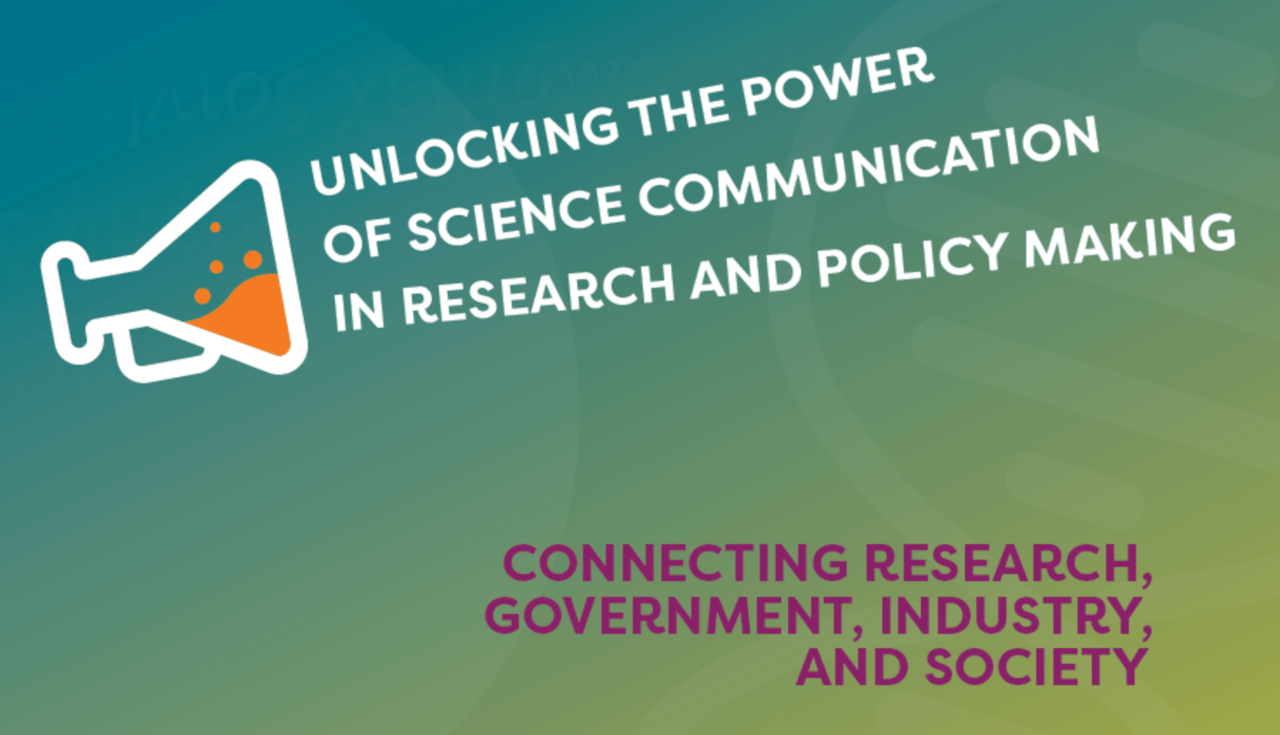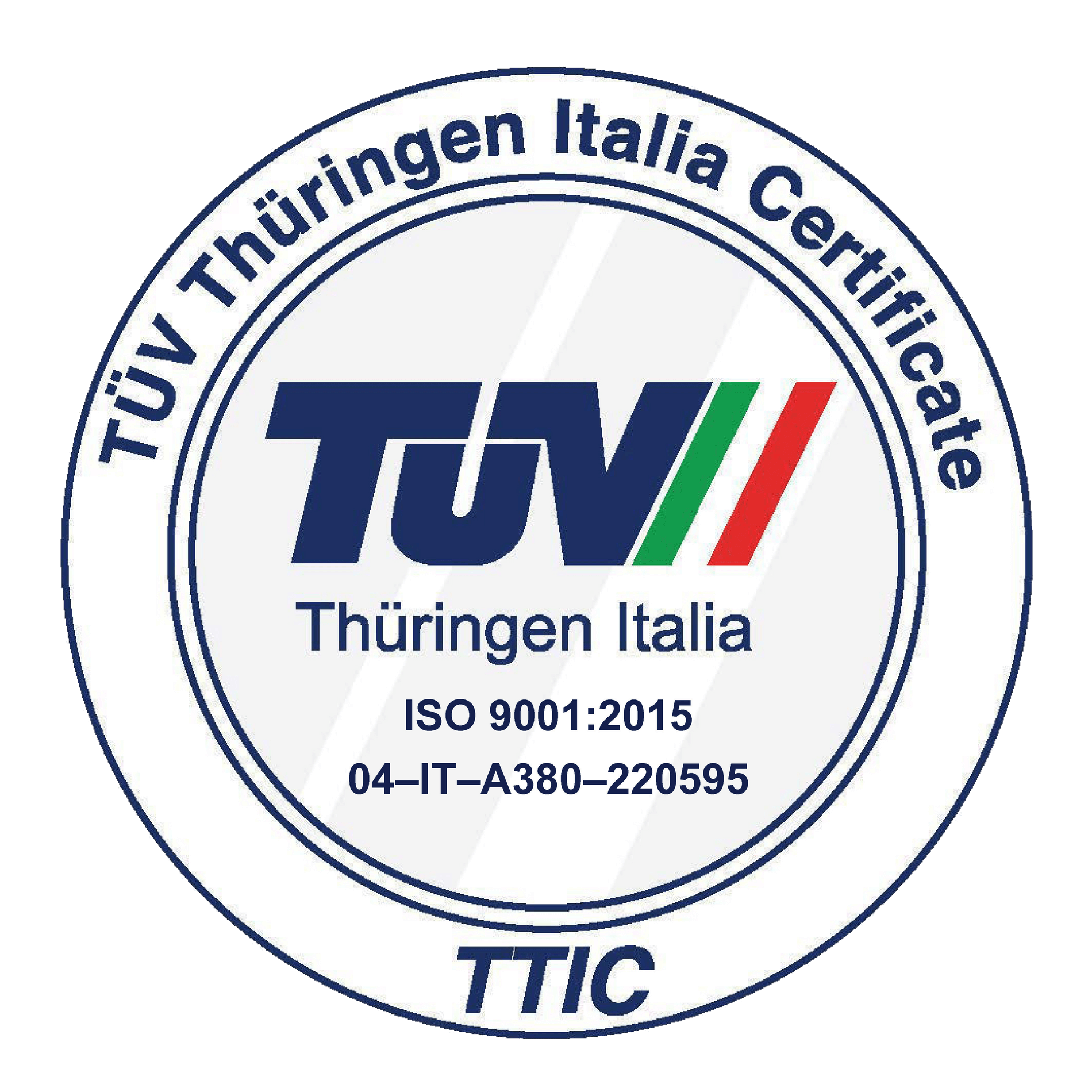Why is it important to foster more effective evidence-based science communication ?
At a time in which « the power of those who have many followers is often bigger than those who have the knowledge » there is the need to fight the spread of misinformation and to ensure that research findings are accessible to the general public, thus reinforcing the value of science for society and the link between science and democracy.
These were just some of the points addressed at the high-level conference Unlocking the Power of Science Communication in Research and Policy Making, which took place on 12 and 13 March in Brussels.
The Conference was co-organised by Science Europe, the Research Foundation –Flanders (FWO) and the Fund for Scientific Research (F.R.S.–FNRS) under the auspices of the Belgian Presidency of the Council of the European Union (January–June 2024).
The main aim of the Conference was to highlight that science communication is an essential aspect of research culture and that, as such, it should be addressed more formally both in research programmes and policy making.
The plenary sessions, panel discussions and deep dives held in parallel sessions focused on:
- the role of science communication in providing timely evidence relevant to societal challenges and policy making, informing and engaging citizens, explaining the importance of public investment in research, and inspiring new generations.
- the development of institutional tools for researchers to better communicate research, such as toolkits and guidelines, training activities, incentives, and integration of science communication into funding schemes.
- The importance of partnerships with science communication stakeholders, intergovernmental bodies and media representatives to address misinformation as we navigate through an increasingly polarised, diverse, and volatile context.
The Conference gathered high-level keynote speakers who provided an overview of the current state of science communication in Europe and showcased successful science communication initiatives and best practices across Europe and beyond.

